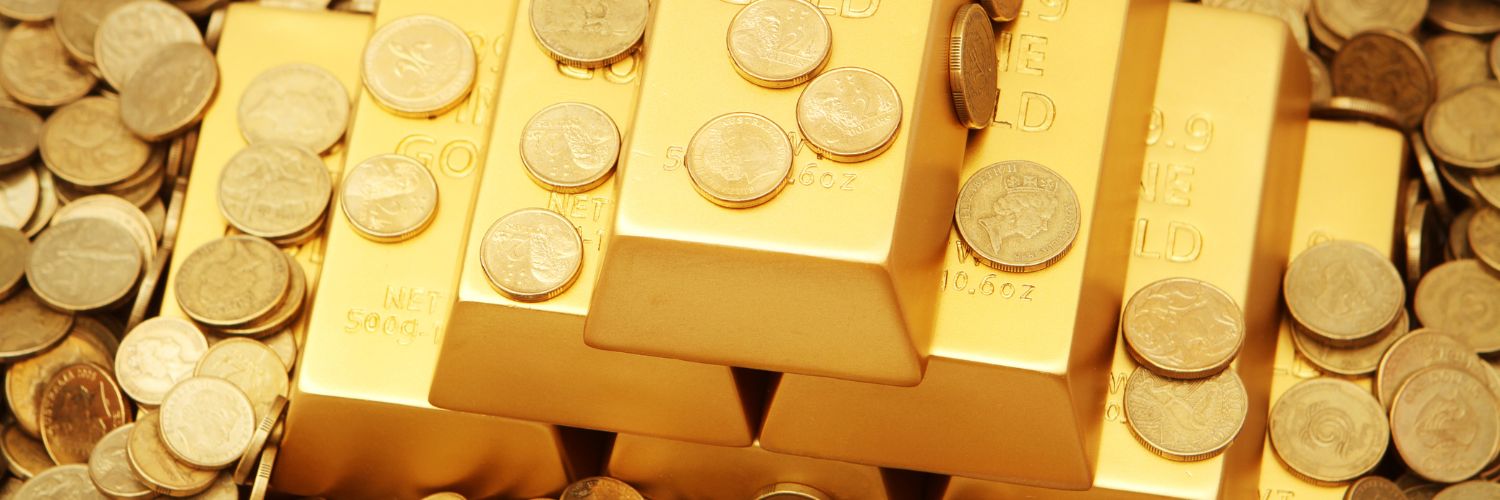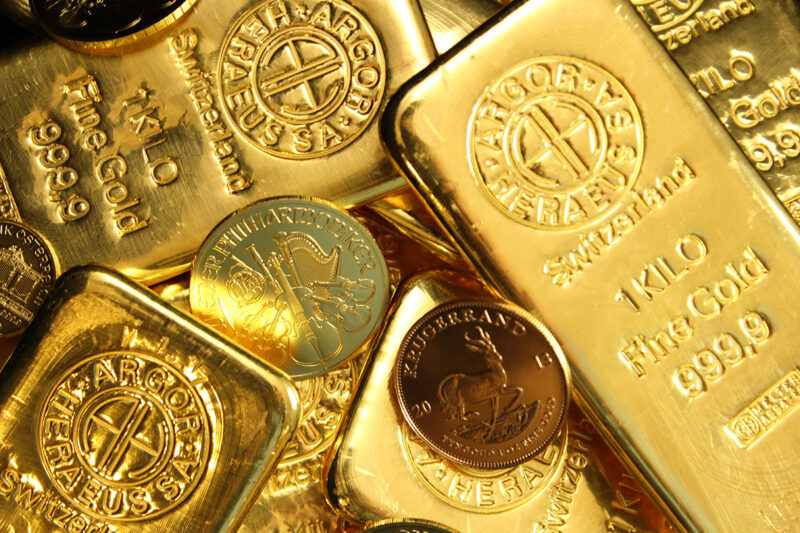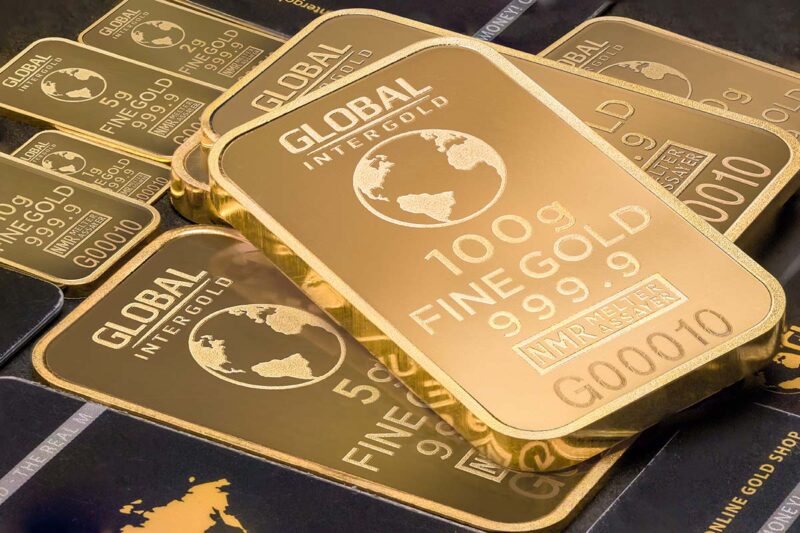

China’s central bank continues gold-buying spree
The Asian giant’s gold reserves have increased for the seventh consecutive month, totalling 144 tonnes since November last year. This is a widespread trend in other central banks that points to increasing dedollarisation.
In the context of growing economic and geopolitical risks, China’s central bank increased its gold reserves for the seventh consecutive month. The Asian giant bought an additional 16 tonnes of gold in May, adding 144 tonnes in the last seven months and accumulating 2,092 tonnes of gold in total reserves.
China is the main buyer of gold, but the demand for the golden metal experienced significant growth in the first quarter of 2023 thanks to the fact that the central banks of other countries follow the same trend. According to data from the World Gold Council (WGC), the world’s gold reserves increased by 228 tonnes in the first quarter of the year, reaching an all-time high not achieved in any quarter since 2010.
Central banks are actively increasing their gold holdings to avoid credit risks and diversify their reserve assets. This has been driven by several factors, such as inflation concerns, financial market volatility and geopolitical tensions. Although global gold purchases declined in the first quarter of the year, analysts expect the upward trend to continue throughout the year.
Dedollarisation of oil purchases
The dollar’s loss of weight in global commodity trade explains part of the increase in demand for gold. According to the IMF, the US dollar’s market share as the world’s reserve currency has fallen from 66% in 2003 to 58.4% at the end of the fourth quarter of this year.
As the purchase and sale of oil in yuan, rupees or roubles increase, the demand for dollars decreases. This is reflected in the diversification of central banks’ reserves away from the dollar and into other currencies or safe havens such as gold.
The US needs to monopolise the currency of energy trade and especially oil to maintain the petrodollar, but the unstoppable multipolarity of economic powers reflected in currency diversification only weakens the dollar’s status as the world’s reserve currency. The impact of the petroyuan, now being negotiated between Saudi Arabia and China, will further accelerate this paradigm shift.
Geopolitical tensions between the US and China increase the risk of a conflict on the Asian continent that could have global repercussions and rattle financial markets. This will reinforce gold as a safe-haven asset against economic uncertainty, geopolitical tension and the erosion of confidence in fiat money on which the current international monetary system is based. The increase in gold purchases demonstrates that states and central banks are clear about what they need to do to shield their ‘savings’.
If you want to discover the best option to protect your savings, enter Preciosos 11Onze. We will help you buy at the best price the safe-haven asset par excellence: physical gold.
Leave a Reply
You must be logged in to post a comment.





Gràcies, molt interessant
Celebrem que ho hagis trobat interessant, i moltes gràcies pel teu comentari, Daniela.
👌
🙏
Gràcies
Gràcies a tu, Joan!
Gràcies per oferir-nos la possibilitat de poder invertir en aquest metall preciós.
Gràcies per la teva bona valoració, Manel! Això ens esperona a mantenir-hi l’esforç i a millorar.